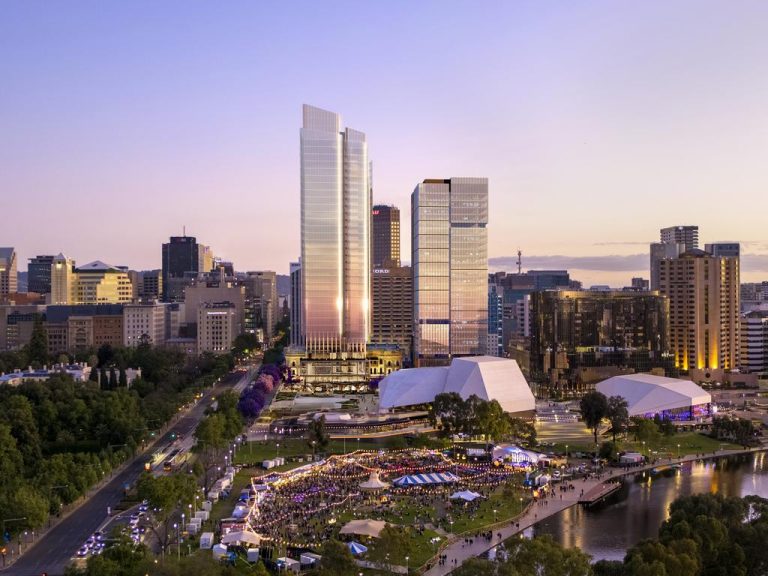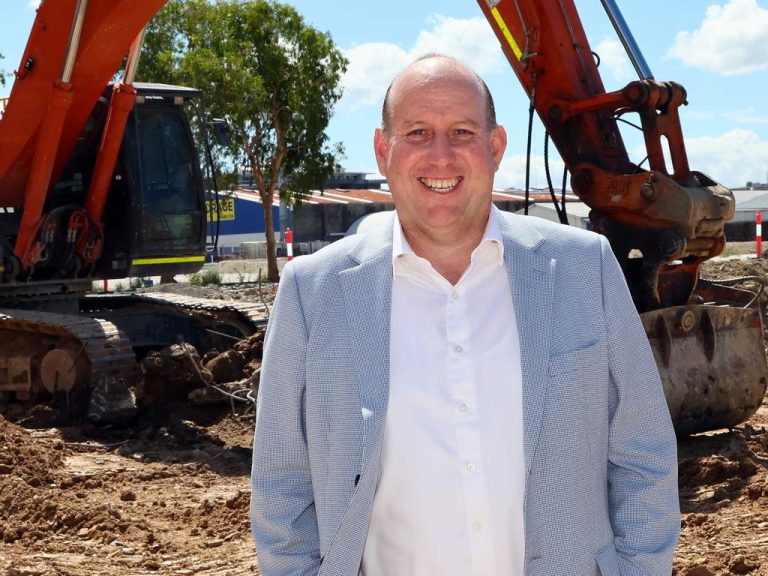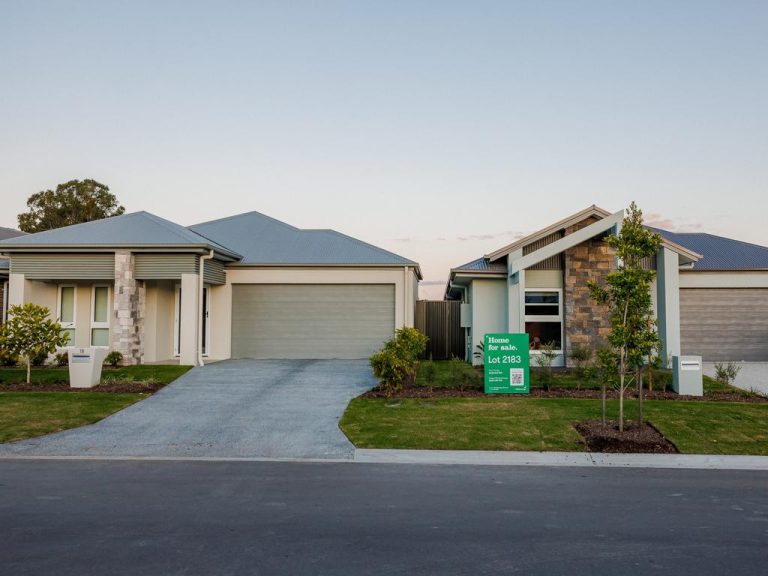Student housing finds a voice as $20bn industry demands recognition

Student Accommodation Council president Anouk Darling, left, with the council’s executive director Torie Brown at Scape, a major student housing provider in Redfern. Picture: John Feder
A new council has been launched to oversee the nation’s $20bn purpose-built student housing sector and advocate for its interests as more international students return to Australia.
The Student Accommodation Council, a new division within the Property Council of Australia, is hoping the rapidly maturing sector will gain greater recognition after it took hefty losses during the pandemic amid scant government support.
Heading the council is Anouk Darling, chief executive of student housing developer Scape, which owns about $7bn in accommodation assets. Ms Darling will be the council’s inaugural president and Torie Brown, who previously served as adviser to former South Australian premier Steven Marshall, will be its executive director.
Ms Darling said that, across the industry, there was about $20bn in assets managed by student housing providers but with no national co-ordination.
“It’s never really cohesively been looked at or recognised as a sector contributing to the viability of international education, but also to the wider economy of Australia because when the students stay with us, they also spend money in the economy, up to 30 per cent across hospitality and retail, and they also have secondary effects, they’re a labour force,” she said.

Scape’s student housing in Redfern, Sydney. Picture: NCA NewsWire/Bianca De Marchi
The council will advocate on issues that have made attracting capital difficult, including on the application of different taxes in different states.
Ms Brown said the council would help educate the market, policymakers and the community about the potential of student housing.
“Creating a great living experience for students in a sector that is set to grow rapidly over the next decade is important for Australia’s relationship with the world and for the success of our globally ranked education providers,” she said.
“Covid was an opportunity to see that the sector has huge potential to grow. But it’s also vulnerable to international pressures.”
Before the pandemic, 900,000 international students lived in Australia and contributed $41bn to the economy, the Property Council said.
Occupancy levels are only beginning to return, with large numbers of Indonesian and Indian international students choosing to study in Australia. “We’re seeing that our members are already having the occupancy in some of their buildings getting back up to full occupancy again, which is fantastic,” Ms Brown said. Over the past five years, the student accommodation sector had grown by more than 31,000 beds and $9.3bn in investment, Ms Darling said.

A studio at Scape Redfern. Picture: NCA NewsWire/Bianca De Marchi
UTS urban and housing studies scholar Alan Morris said the student housing market had long required representation.
“The vast majority of international students have had to depend on the private rental market and, of course, a lot of international students have no idea about the rights that apply to the private rental sector,” he said.
“Students from low-income households often find themselves in difficult situations … there is no extra protection in private rentals.”
Professor Morris said while some universities offered accommodation, it was largely left to the private sector to provider student housing. “Most universities have housing offices that try to help, but their power is limited by local laws,” he said.
“The other very important aspect which people tend to forget is that half of the students in Australia are not university students, they’re VET and English-language students. Most of these students are being taught in private colleges that have no interest in their housing because they’re profit-driven.
“It’s a public crisis. There are a lot of issues which are not really recognised and there isn’t national co-ordination. It’s bad for Australia’s reputation in terms of being an international student destination.”







